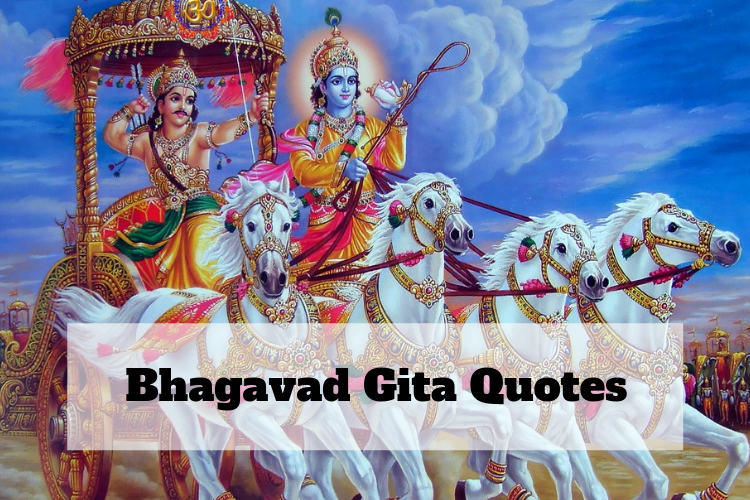Table of Contents
The Bhagavad Gita Book
Bhagavad Gita or the Song of God or the Song of the Lord or the divine Song believed written by Vyasa or Krishna Dvaipayana.
It’s a series of poem part of epic story, Mahabharata.
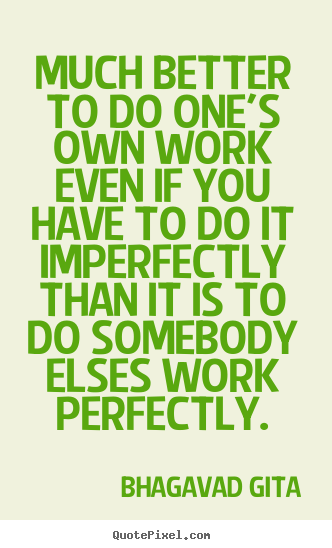
The Bhagavad Gita found at the sixth books of Mahabharata, third section, chapters 23 – 40.
The manuscript of Bhagavad Gita consists more than 700 verses of Indian poetic meters.
The Mahabharata itself is the longest poem in the world consisting thousands of verses that written and compiled several hundreds years between 400 BCE to 200 CE.
The Bhagavad Gita believed wrote between those dates.
Why We Should Read Bhagavad Gita book?
Bhagavad Gita is not just the dialogue between two men in the war time.
It’s goes beyond that place and time.
It’s about moral ethical dilemmas, the choices between right or wrong, the grey area of our life in peace and war time.
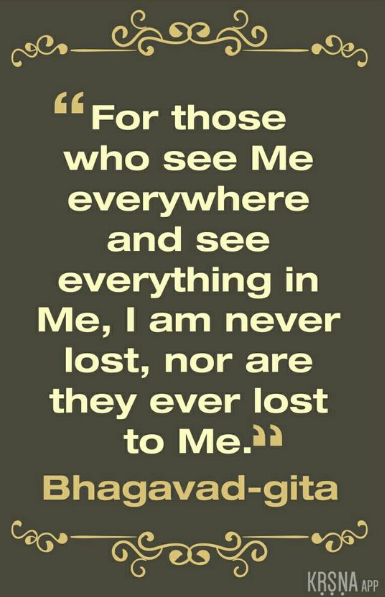
More over this book teach as that there be consequetions of our life’s choice that could be better or worse.
Bhagavad Gita is special because as part of the massive story, it could be studied independently.
The philosophy inside Bhagavad Gita still applicable to this time live.
Bhagavad Gita Quotes
Quotes From Bhagavad Gita
It is better to live your own destiny imperfectly than to live an imitation of somebody else’s life with perfection.
I am the beginning, middle, and end of creation.
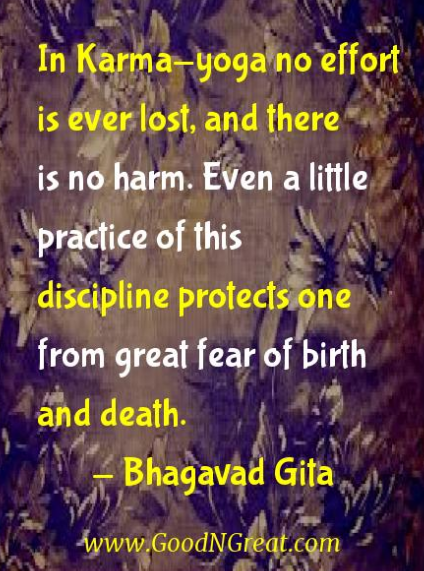
A gift is pure when it is given from the heart to the right person at the right time and at the right place, and when we expect nothing in return.
I am death, which overcomes all, and the source of all beings still to be born.
No one who does good work will ever come to a bad end, either here or in the world to come.
When meditation is mastered, the mind is unwavering like the flame of a lamp in a windless place.
Curving back within myself I create again and again.
As the heat of a fire reduces wood to ashes, the fire of knowledge burns to ashes all karma.
Hell has three hates: lust, anger and greed.
Just remember that I am, and that I support the entire cosmos with only a fragment of my being.
Bhagavad Gita Quotes On Death
I am Time, the great destroyer of the world.

I am heat; I give and withhold the rain. I am immortality and I am death; I am what is and what is not.
I have become Death, the destroyer of worlds.
Those who cannot renounce attachment to the results of their work are far from the path.
Set thy heart upon thy work, but never on its reward.
No one who does good work will ever come to a bad end, either here or in the world to come.
For the senses wander, and when one lets the mind follow them, it carries wisdom away like a windblown ship on the waters.
All the scriptures lead to me; I am their author and their wisdom.
We behold what we are, and we are what we behold.
Calmness, gentleness, silence, self-restraint, and purity: these are the disciplines of the mind.
Bhargava Gita Quotes On Love
Perform all work carefully, guided by compassion.
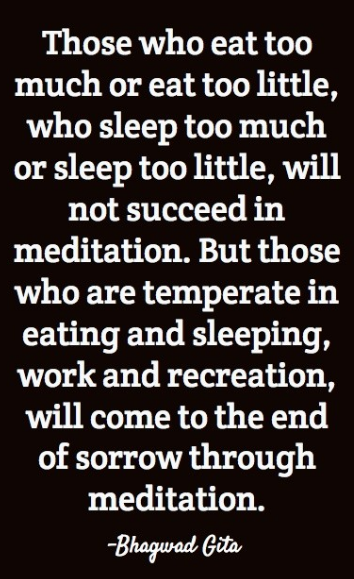
I give you these precious words of wisdom, reflect on them and then do as you choose.
It is Nature that causes all movement. Deluded by the ego, the fool harbors the perception that says “I did it”.
Performing the duty prescribed by (one’s own) nature, one incurreth no sin.
However men try to reach me, I return their love with my love; whatever path they may travel, it leads to me in the end.
As the soul experiences in this body childhood, youth, and old age, so also it acquires another body; the sage in this is not deluded.
That which seems like poison at first, but tastes like nectar in the end – this is the joy of sattva, born of a mind at peace with itself.
The immature think that knowledge and action are different, but the wise see them as the same.
It is better to live your own destiny imperfectly than to live an imitation of somebody else’s life with perfection.
The embodied soul is eternal in existence, indestructible, and infinite, only the material body is factually perishable.
Facts About Bhagavad Gita
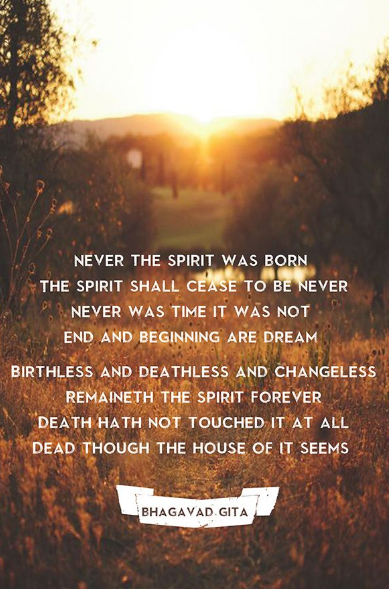
Just before the great war of Mahabharata started, Arjuna ask his guide and charioteer, Krishna to move their wagon to the middle of the field.
He saw his relatives, friends, and teachers stood as his opponents.
As a kshatriya and the leader of his army, he had obligation to attack and destroying the enemy but as human being he couldn’t imagine his feeling seeing his beloved friends, relatives, and gurus injured or dead because of him.
He wonders if he should continue his missions or just leave the battlefield.
As counsellor, Krishna shared his view about the war and the duty of kshatriya.
